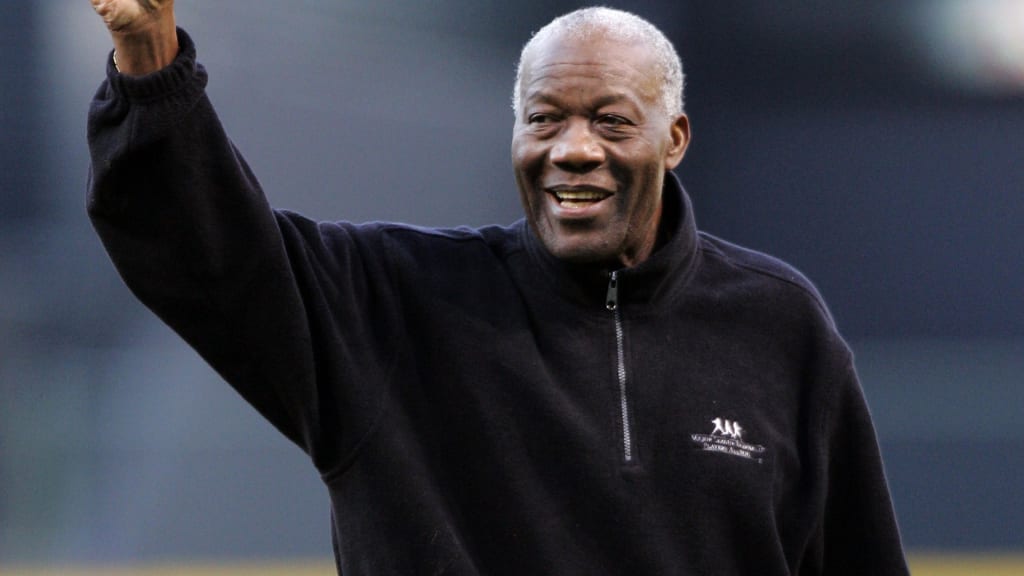
Former Major Leaguer Jim “Mudcat” Grant never played in the Negro Leagues. However, he was a tremendous supporter of the Negro League Baseball Museum in Kansas City, and a close friend of NLBM president Bob Kendrick.
When the NLBM had an event, Grant was always in attendance -- whether it be at the annual Hall of Fame ceremony honoring former Major Leaguers who had the same passion on the field as the Negro Leaguers, or singing the blues at a dinner event. Grant was one hell of a singer.
So one could imagine how saddened Kendrick felt after learning that Grant passed away at the age of 85 on Saturday.
“It always hurts anytime that we lose these legends of the game, friends that have been so close to you and supportive of you like Jim Mudcat Grant,” Kendrick said via telephone. “He understood that his presence was going to be beneficial to helping the Negro League Baseball Museum.”
Kendrick met Grant through the legendary Buck O’Neil, the founder of the NLBM. Grant and Kendrick became so close that Grant nicknamed Kendrick "El Presidente" because of his role at the museum.
In return, Kendrick often attended the annual Jim “Mudcat” Grant All-Star Golf Tournament in Binghamton, New York.
“Every time you do those kinds of things, it is literally like a family reunion,” Kendrick said. “It was about us trying to give back a fraction to what he gave all of us. So, yes, I’m taking the news [of Grant’s death] a little hard, even though I knew that his health was declining. It doesn’t make it any easier.”
Grant was a two-time All-Star and, as a member of the Twins in 1965, became the first Black pitcher to win 20 games in a season in the American League. Grant spent 14 years in the Major Leagues, going 145-119 with a 3.63 ERA and 1,267 strikeouts.
Kendrick is so proud of what Grant accomplished in the big leagues that he dedicated an episode of his podcast, Black Diamonds, to Grant a few days before his passing. It was Grant who wrote, “The Black Aces,” a book chronicling the lives of Black pitchers who had won 20 games in an MLB season.
“We were proud of him. We were proud of what he did to recognize this group [of pitchers],” Kendrick said. “He was constantly encouraging other black pitchers so they can become part of the group. He wanted more of them.”
